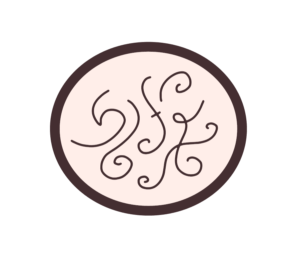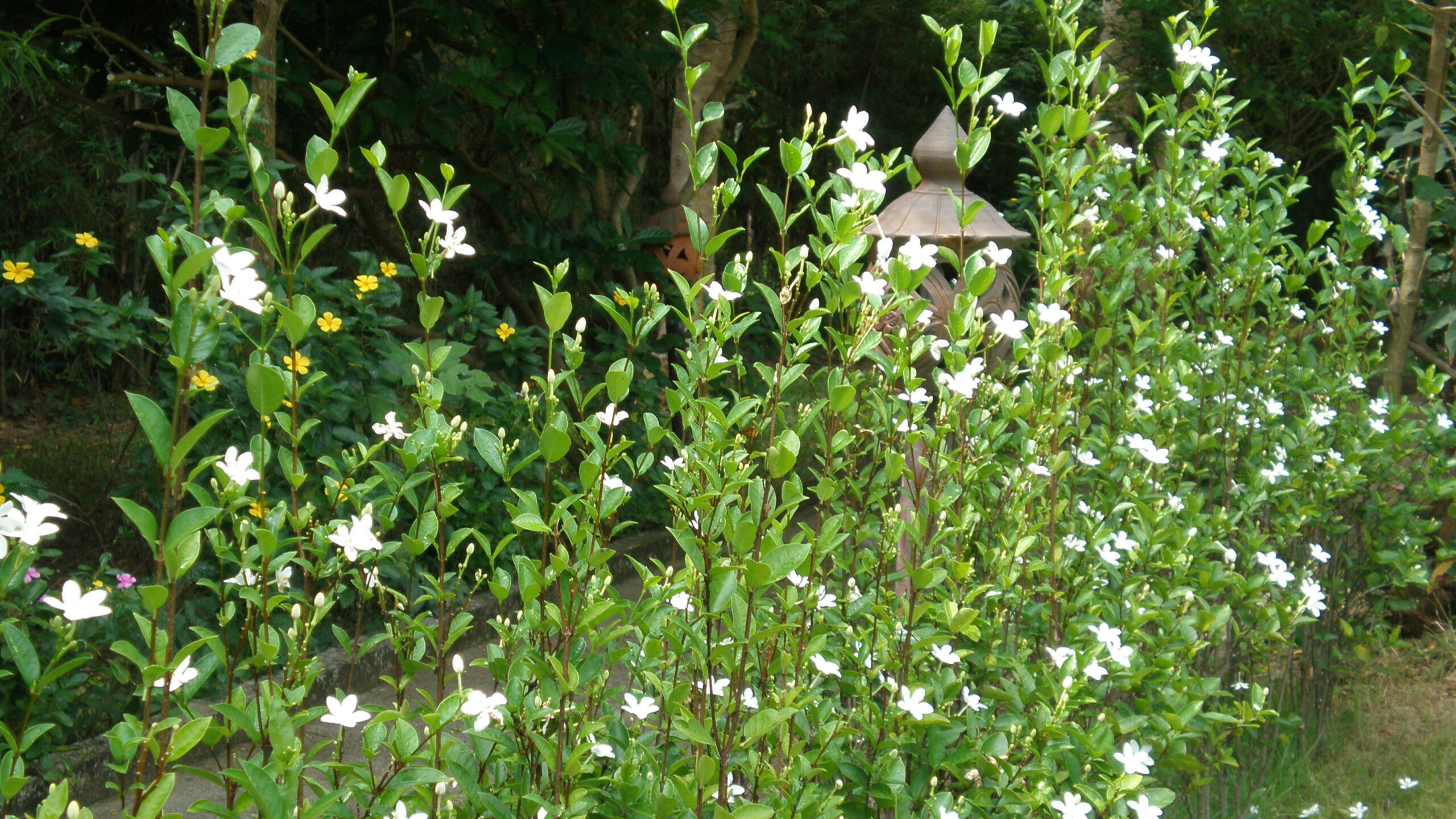A Tribute To Personal Freedom
In my work as well as my personal growth, I often examine how our fears entrap us in a false sense of imprisonment. We fear expressing ourselves, making courageous decisions, saying no to those who’re abusive to us, standing up for ourselves.… because we might leave ourselves exposed to judgements and rejection. The cost of asserting ourselves and exercising our freedom is the shame and embarassment of being shown that what we do is not acceptable to others.
What is it about being accepted by others that make it such a powerful drive that stop us from living a happy life? Reading this, it may sound ridiculous that we short-change ourselves so readily to gain the approval of others, yet it happens more often than we’re comfortable admitting to. This feared unacceptability can come in various forms – e.g. being told we’re not good enough, being persecuted, leaving someone unhappy.
The rules we learned as children followed by a lifetime of putting into practice those rules (often in inappropriate contexts) have convinced us that straying from what’s kept us safe will bring about the same outcomes we had feared as children. Our logical minds (A will lead to B; C will lead to D) are influenced by fears that put an irrational spin on how we make decisions. In other words, we are stuck in a world governed by a set of rules that we ourselves have chosen (whether influenced by others or not) when the reality is that in many circumstances as adults we have the freedom to act as we please – our actions governed only by our conscience.
And what of our conscience? Our conscience should only be dictated by what we know to be our personal values, and we guide our actions by ensuring that we uphold those values. What this means is that the clearer we are of what our values are, the more confident we are of making the decisions that are right for us. Having a weak sense of our values, on the other hand, would make us waver in our decisions and more likely to yield to the desire to seek the acceptance of others at the cost of what we truly want or believe in.
Sometimes, it takes a traumatic experience to enable us to learn our true values. Those who have gone through great hardships will tell you that having experienced the lack of something they now value that thing much more. When we value something to the extent that we will do all we can to keep it intact in our lives, it becomes our guiding force in what we choose to do. Although at times our choice will come at a cost, it enables us to act with certainty and to accept the consequences of our choice. This is personal freedom at its core: the ability to make our own empowered choices to shape our own lives.
What we must nurture is self-acceptance – having a respect for who we are and a belief for what we stand for. Self-acceptance takes the focus away from others and towards ourselves. Instead of focusing on how we are perceived and judged by others, we concentrate our care on what brings us happiness. Here we get to sieve out the truth from a generalised belief that it hurts us to hurt others. This is our bottomline fear. Only when our personal boundaries are firmly intact can we know the difference between guarding our values and compromising our wellbeing. Misplaced guilt and the fear of being punished are a result of having loose boundaries – it takes us away from acting from our empowered center and into giving away our sense of freedom. We become our own persecutor when we’ve discovered that those who persecute us are merely boogey-men conjured up by fear – so real and familiar is that sense of being restricted about what we can do that we continue to restrict ourselves long after any real threat is gone.
An over-inflated and misplaced conscience is the culprit behind many failed dreams. Who are we really afraid of hurting? Is it worth protecting this hurt? Is this protection still relevant in your life right now? Knowing who the real target of our fear is, we can set ourselves free, so that we no longer spill over this over-protection to those we have no business protecting.
Discarding this mental baggage will lead you to a greater capacity to assert your powerful self. In recovering from addiction and other dysfunctional behaviours, lapses and relapses (when we go back to our old behaviours) usually happen because we’re afraid of asserting our powerful selves. That feeling of being weak is more likely to be due to this fear than to a shortage of inner resources to make the right choice.
Freedom to act as we choose is the most fundamental right we have and cannot be taken away unless we give it. Step into your power and make empowered choices that bring you closer in line with what you desire and believe in. There is, at the end of the day, only one litmus test which may be crudely spelt out: are you man enough or woman enough to stand up for what is deeply important to you?
Note the word ‘deeply’ – so often we confuse what’s superficially important with what can fill us up from within. People have a tendency to spend years immersed in something that only satisfies them on a superficial level but that comes at a cost of endless chaos and stresses. True freedom is when we make the decision to disengage from these superficially important matters and seek out the things that give us a warm feeling of fulfilment – calm, expansive, joyful and soothing. In contrast to maintaining the superficial, there isn’t a sense that there’s ongoing price to pay – and that is a sign that what we’ve chosen, in exercising our personal freedom, is right for us.

